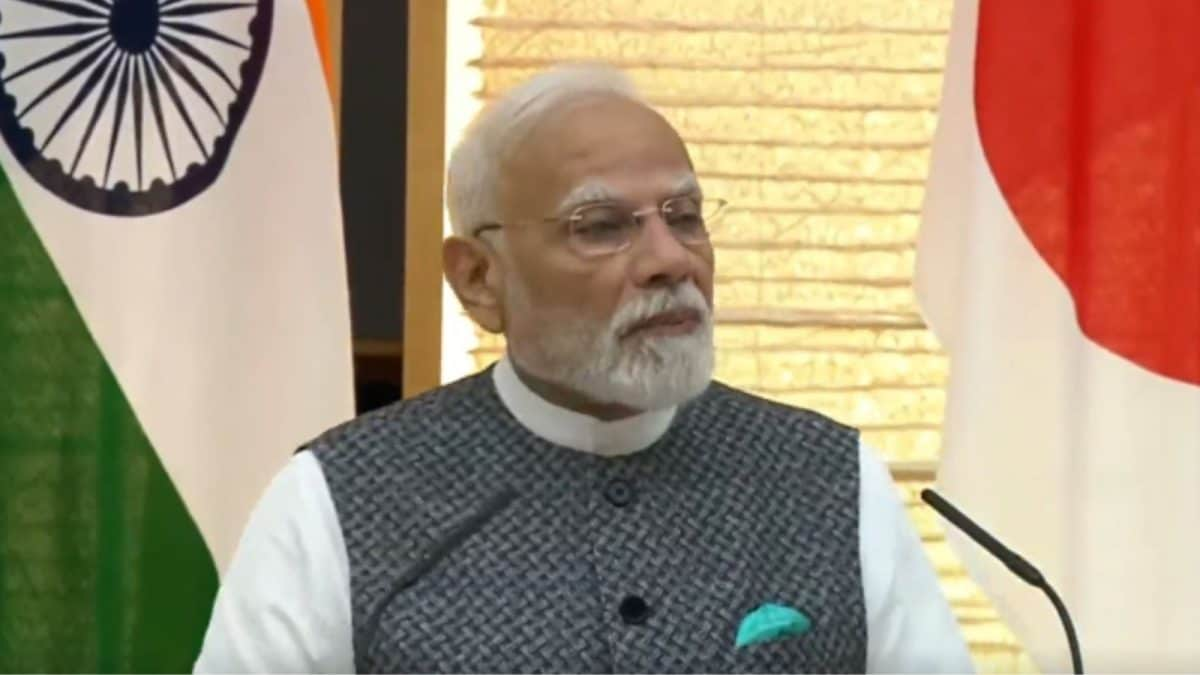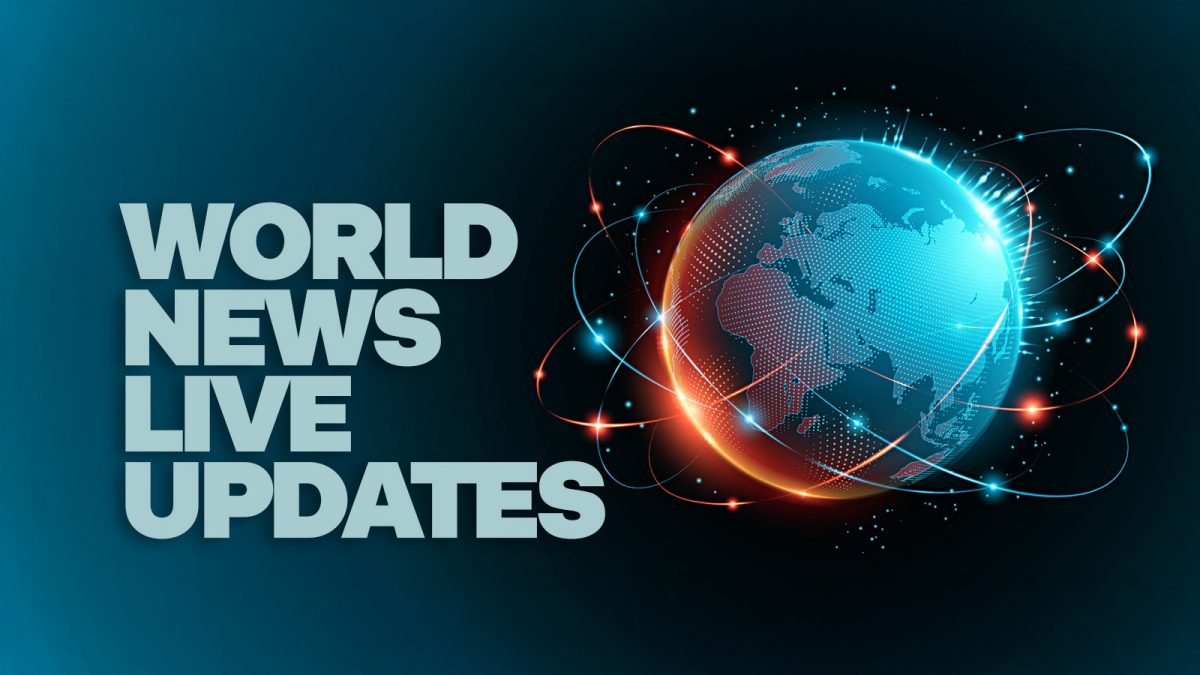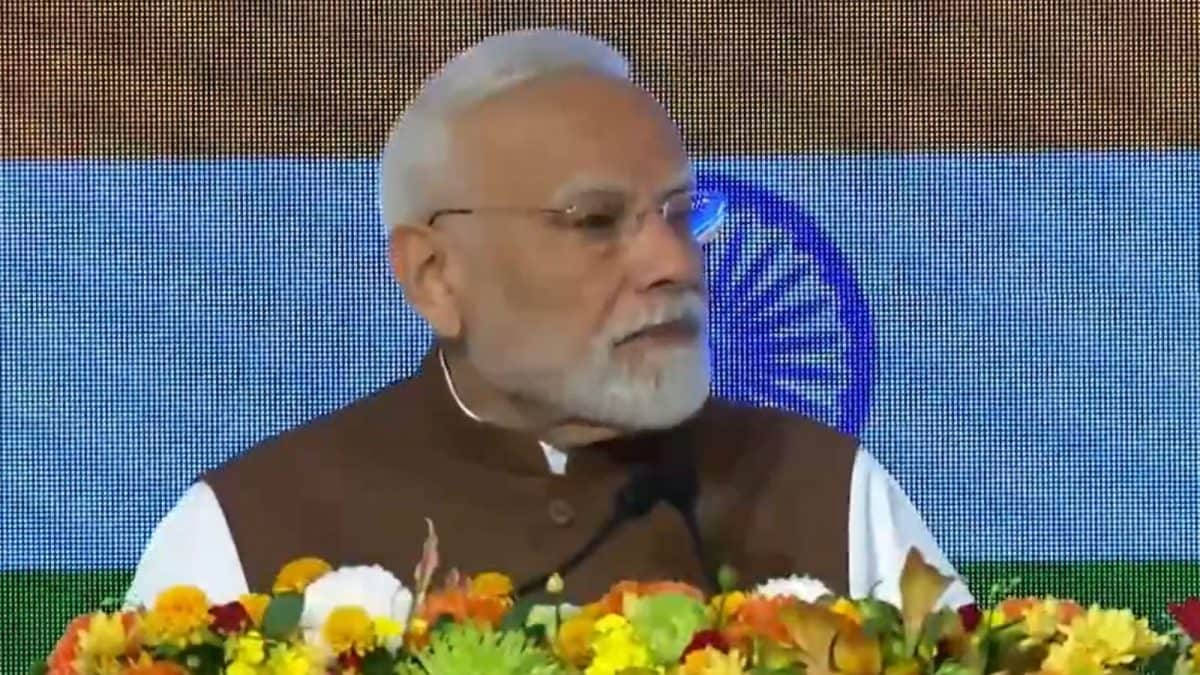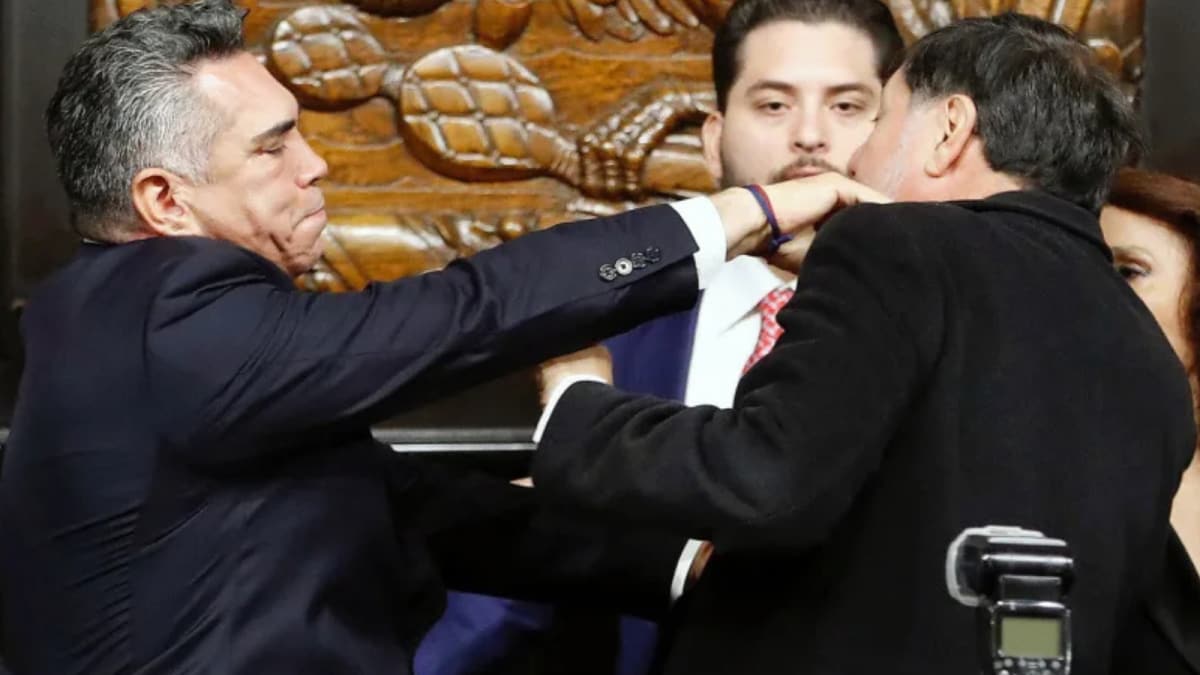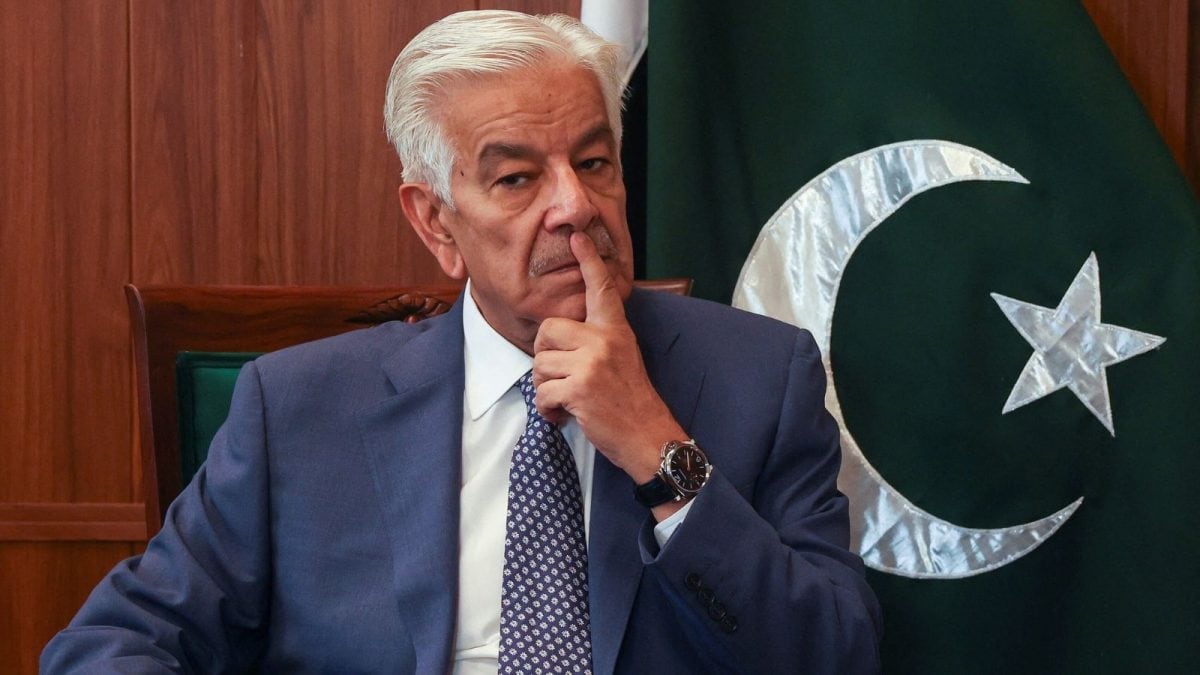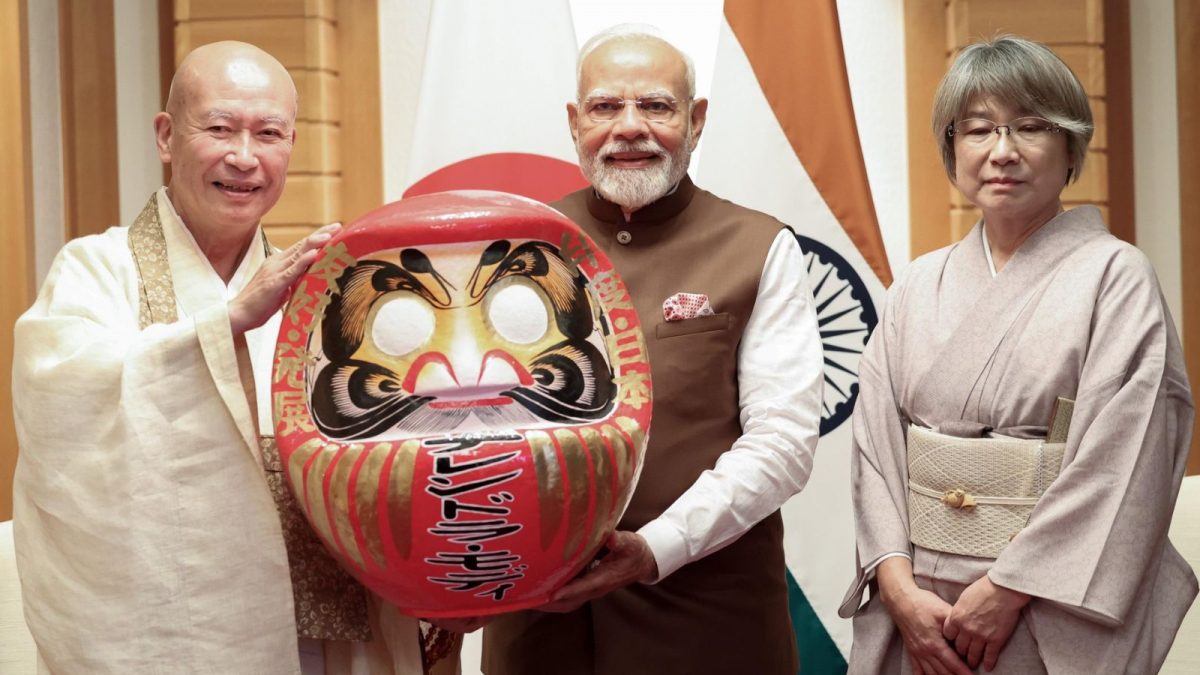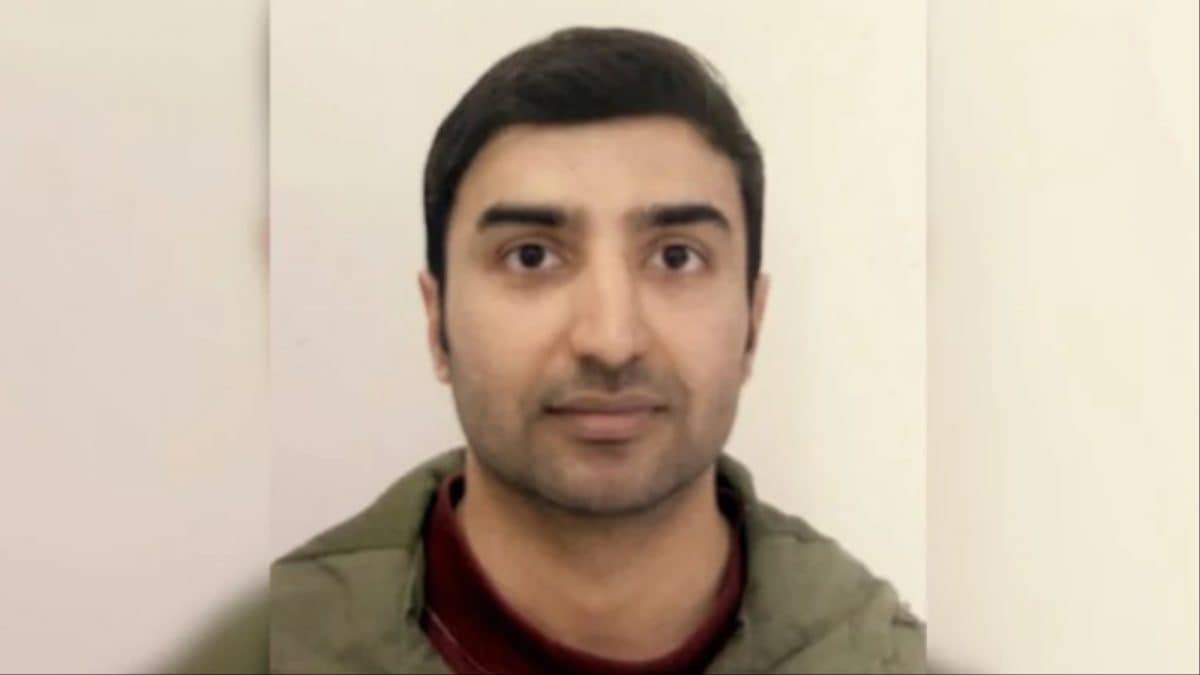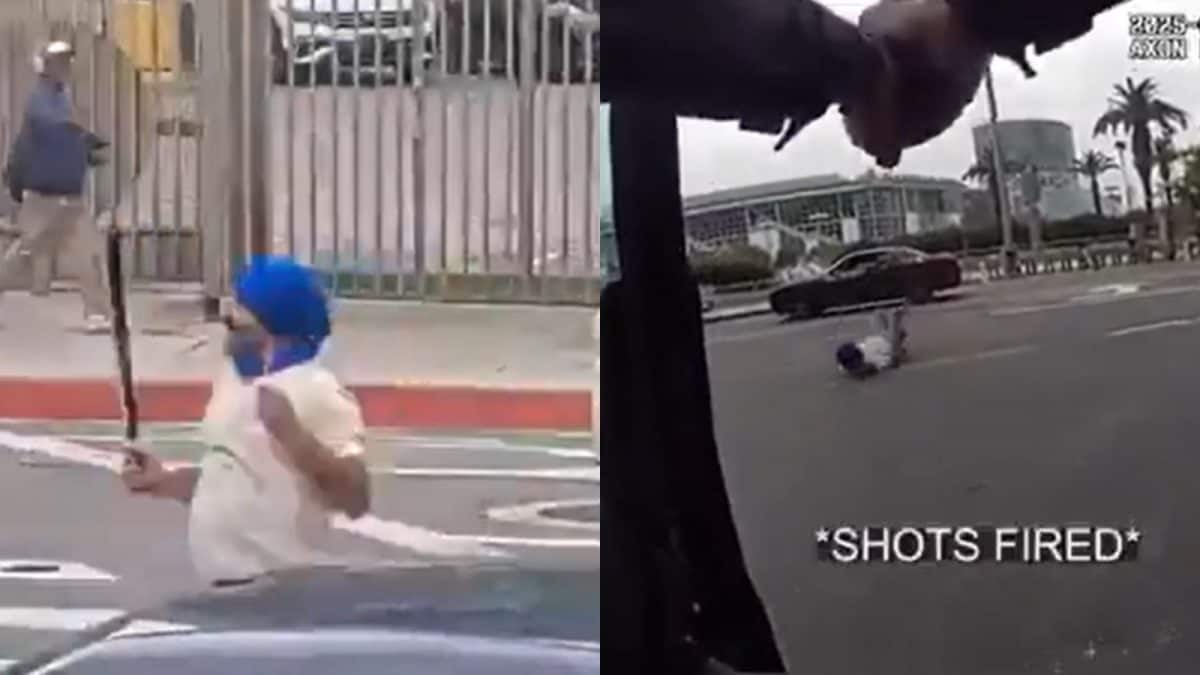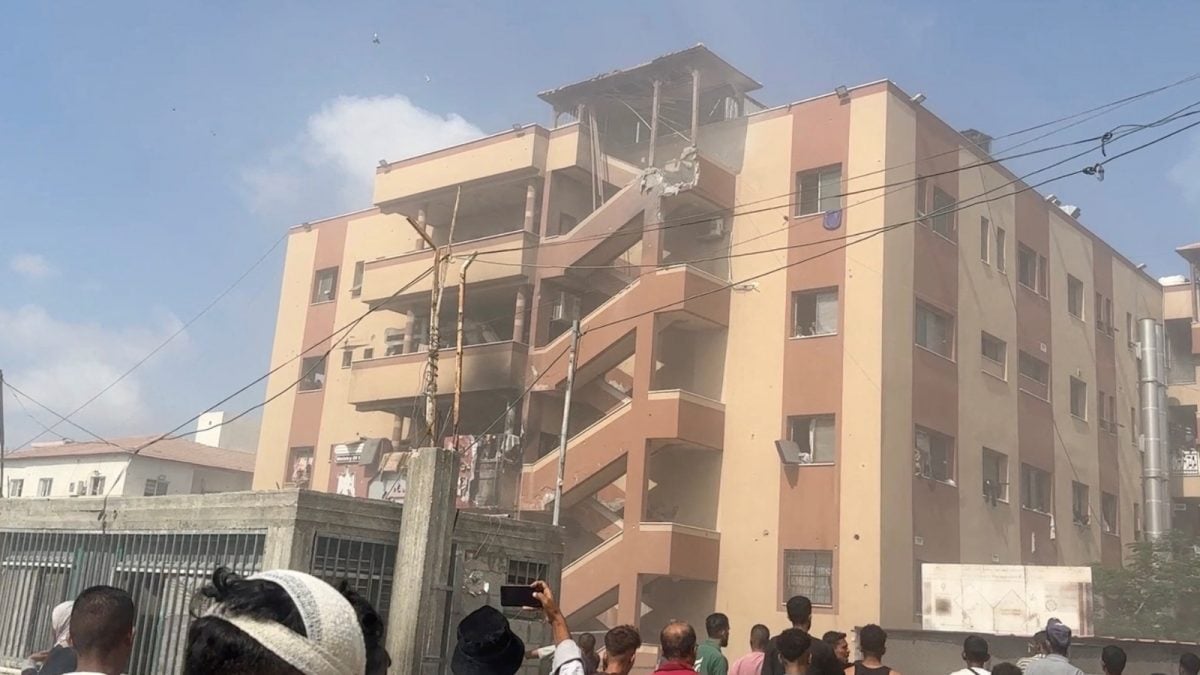Trump threatens higher tariffs for countries including Australia
Australia could face even higher tariffs from the US, as President Donald Trump says he plans a new tariff that could be “somewhere in the 15 to 20% range”.
The US has currently placed a “baseline” 10% tariff on Australia, rather than a higher “reciprocal” tariff.
Trump made the comments in Scotland, after negotiating a 15% tariff rate with the European Union this week.
Trump said that his administration will notify about 200 countries soon of a new tariff rate for “the rest of the world”.
“I would say it’ll be somewhere in the 15 to 20 per cent range,” he said. “Probably one of those two numbers.”
It puts even more pressure on the government to negotiate with the US to avoid a higher rate.
Key events Show key events only Please turn on JavaScript to use this feature
There are growing calls for Australia to recognise a Palestinian state now, including by government MP Ed Husic, who penned an op-ed for Guardian Australia yesterday.
Mark Butler is continuing his media rounds, and is asked on ABC RN Breakfast whether he supports Husic’s call.
Butler reiterates foreign minister Penny Wong’s comments that recognition would form part of the peace process, rather than be worked through at the end of that peace process, but he says there are a number of issues the government needs to consider.
The Prime Minister over the weekend said that there obviously were a number of issues that we would be considering as a government on the question of recognition. For example, how do you make sure Hamas plays no role in a Palestinian state? What are the guarantees for Israeli security? But also, what is the structure of the state that we would be recognising? So we’ll do that at an appropriate time.
Albanese government to expand subsidy program for renewable energy projects
The government will expand its subsidy program for renewable energy projects, which it says will help power millions of homes.
Chris Bowen, the energy minister, will give a speech later today, announcing that the capacity investment scheme (CIS) will expand, to underwrite 3 gigawatts of generation and underwrite 5 gigawatts of dispatchable capacity or storage.
It’s right that the sunniest and windiest continent remains at the forefront of solar and wind innovation – and this backing shows the government intends for it to stay that way.
Bowen says the latest Gencost report, prepared by the CSIRO and the Australian Energy Market Operator, shows firmed renewables are the lowest cost form of new energy generation.
The report says the cost of solar fell by 8% and the cost of batteries fell by 20% last year.
Bowen says:
Now around halfway through the CIS, and with the cost of deploying solar and batteries declining faster than expected, we have an opportunity to supercharge our transition.
s net zero debate ‘total madness’: Pocock
We can’t seem to stop talking about net zero in parliament, and independent senator (and known longtime climate action advocate) David Pocock says it’s “total madness” to see the path the Coalition is taking on the issue.
But Labor’s not off the hook, and Pocock says the government should be doing far more, and taking the opportunity as a country to “punch above our weight”.
I think it’s total madness to see the path that the Coalition is taking on this. The Labor government, yes, they’re doing something, but they’re not doing enough. It’s not actually aligned with what climate scientists are telling us …
Australians love punching above our weight. You look at on the sports field historically in terms of global diplomacy, we’ve punched above our weight. This is an opportunity.
Pocock adds that it’s “so unhelpful” to see the s who he says should be helping farmers, when they’re at risk of floods and drought due to climate change.
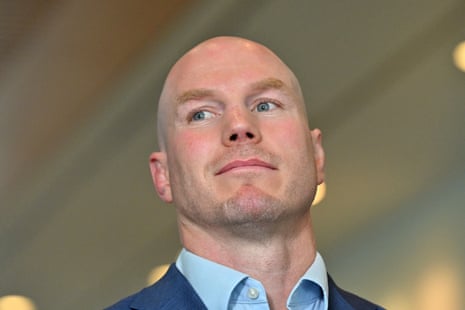
Health minister says it’s ‘deeply concerning’ doctor wrote 72,000 medical cannabis scripts in two years
The health minister, Mark Butler, is doing the media rounds this morning, making his way through the press gallery.
On Sunrise, he’s asked about a story in the Sydney Morning Herald, which reports that one doctor at an Australian medical cannabis company wrote out 72,000 prescriptions to 10,000 patients over two years.
Butler says he’s “still struggling to get my head around how you do it physically”, and says it’s “deeply concerning”.
There are some business practices that have emerged that are frankly, I think unsafe and certainly unscrupulous. I’ve asked the regulators to look at this and a provide all health ministers – not just me but the state ministers as well – with advice how to regulate this industry in a more safe way.
Asked about laws around testing positive to cannabis in a workplace, Butler says the first principle should be about “supporting people through their medical treatment”.
There will obviously be questions about using heavy equipment and the like, I think it is time to have that debate about updating our laws.
Staying on regulation, he’s asked about whether there need to be some more rules for e-scooters. Butler says it “does need some regulation”.
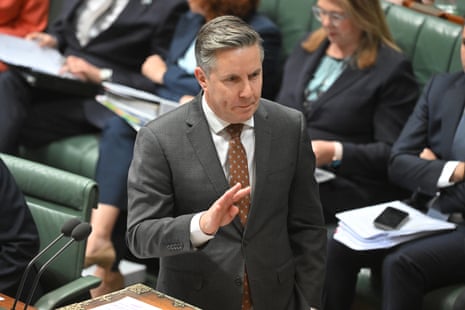
Trump threatens higher tariffs for countries including Australia
Australia could face even higher tariffs from the US, as President Donald Trump says he plans a new tariff that could be “somewhere in the 15 to 20% range”.
The US has currently placed a “baseline” 10% tariff on Australia, rather than a higher “reciprocal” tariff.
Trump made the comments in Scotland, after negotiating a 15% tariff rate with the European Union this week.
Trump said that his administration will notify about 200 countries soon of a new tariff rate for “the rest of the world”.
“I would say it’ll be somewhere in the 15 to 20 per cent range,” he said. “Probably one of those two numbers.”
It puts even more pressure on the government to negotiate with the US to avoid a higher rate.

Benita Kolovos
Following a previous post on Victoria’s bail laws …
The proposed changes to Victoria’s bail laws follow reforms in March, which scrapped the principle of remand only as a “last resort” for accused youth offenders. In its place, community safety has become the “overarching principle” when deciding bail for children and adults.
Two bail offences – “committing an indictable offence while on bail for indictable offence” and “breaching of condition of bail” – were also reintroduced, each adding an additional three months of imprisonment to any other sentence imposed.
The offences had been scrapped by the government in 2023, after advocacy by the family of Veronica Nelson and recommendations from a coronial inquest into her 2020 death in custody.
Legal, First Nations and human rights groups all condemned the March changes at the time and are likely to oppose this latest round of reforms as well. The Victorian Aboriginal Legal Service (Vals) and Flat Out already had a planned rally at parliament on Wednesday morning.
Vals have said since the March changes there has been a 100% increase in youth offenders remanded in custody, with a 300% increase among their clients. They said this has put youth facilities “drastically under pressure”, resulting in more lockdowns and less access to education and support services.

Krishani Dhanji
Good morning,
Krishani Dhanji here with you for what will be another busy day of parliament, thanks to Martin Farrer for getting us started.
There’s a few key issues running through parliament this morning: the net zero debate continues to kick off in the Coalition, while the government promises to increase its subsidy scheme for renewables projects (I’ll have more details on that in a moment).
As my colleague Josh Butler tells us, the government will try to speed through its reforms to childcare this week, and will use the new powers as soon as it can to crack down on childcare safety.
There’s plenty to come, so stick with us (and bring your favourite caffeinated beverage with you!).
Victoria to introduce further changes to state’s ‘toughest’ bail laws

Benita Kolovos
People charged with serious offences such as aggravated burglary, carjacking and armed robbery while on bail will be subject to a tougher bail test under further changes to Victoria’s bail laws being introduced to state parliament today.
The premier, Jacinta Allan, attorney-general, Sonya Kilkenny, and police minister, Anthony Carbines, will this morning announce a second round of bail reforms in just four months, amid concerns about the state’s growing crime rate.
Under the proposed reforms, bail will be refused for anyone accused of a serious offence while already on bail for another serious offence, unless the decision-maker is satisfied there is a “high degree of probability” the person will not reoffend.
This new test, which is being described by the government as the “toughest” in the country, would apply to alleged offenders of all ages – including youth – and covers six offences: aggravated home invasion, aggravated carjacking, armed robbery, aggravated burglary, home invasion and carjacking
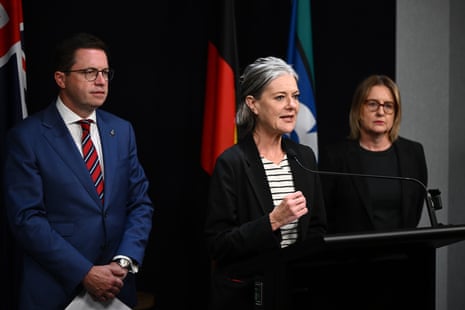
The government said the change will increase the “likelihood that bail will be refused and prevents re-offending.”
A new “second strike” rule that is being proposed will also make it harder for people to get bail if they are accused of committing another indictable offence while already on bail. This will apply to charges such as theft, assault, sex offences and serious drug offences.
But the government said low-level offences like minor drug possession would be excluded to “avoid remanding vulnerable people unnecessarily”.
The government said other safeguards would also be in place to “mitigate any disproportionate impact on vulnerable people” but it did not outline these measures in the media release.
Kilkenny said:
These laws protect the community from serious repeat offenders who endanger Victorians, while ensuring vulnerable people aren’t unfairly caught up.
CSIRO report reveals renewable energy still cheapest
Renewable energy production is the cheapest and nuclear reactors the most expensive on the latest figures, AAP reports.
The CSIRO, Australia’s national science agency, released its GenCost report on Tuesday, revealing rising construction and finance costs would push up prices for energy projects of all kinds in the coming years.
Renewable technology continued to provide the cheapest energy generation, the report’s lead author and CSIRO chief energy economist Paul Graham said.
“We’re still finding that solar PV and wind with firming is the lowest-cost, new-build low-emission technology,” he told AAP.
“In second place is gas with (carbon capture storage) … then large-scale nuclear, black coal with CCS, then the small modular reactors.”
Small modular nuclear reactors proved the most expensive technology of the eight options by a large margin.
Banks to refund charges to low-income customers
Banks will refund more than $93m to low-income customers who were charged high fees on their accounts, AAP reports.
More than a million people have already been moved to low-fee accounts, saving an expected $50m in annual fees, according to the Australian Securities and Investments Commission’s (Asic) Better and Beyond report released today.
The review follows the Better Banking for Indigenous Consumers report, released in July 2024, which revealed at least 2 million low-income Australians, who relied on Centrelink payments, had bank accounts charging high fees.
There were 21 banks included in the latest report, which found even larger numbers of low-income Australians paying too much.
The Asic commissioner, Alan Kirkland, said:
What started as an initiative focused on addressing avoidable bank fees for low-income customers in regional and remote locations, particularly First Nations consumers, revealed a much wider problem affecting customers nationwide.
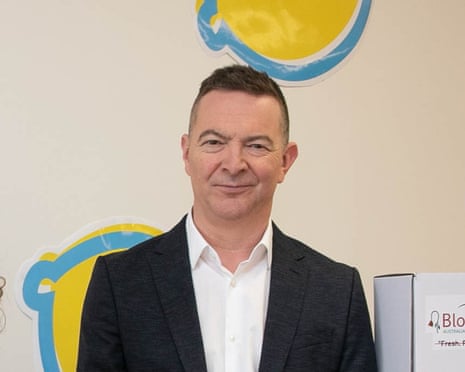
Since July 2024, the four banks involved in the initial report – ANZ, Bendigo Bank, Westpac and Commonwealth Bank (including Bankwest) – have paid more than $33m in refunds to the customers identified.
Three of those four banks have committed to refunds to a broader group of low-income customers who have been in high-fee accounts.
The Commonwealth Bank and BankWest have indicated they don’t intend on making payments to customers outside the initial cohort, Asic’s report said.
Several other banks have also reviewed the impact of high-fee accounts on low-income customers and have committed to remediation.
A further $60m will be refunded to more than 770,000 customers as a result.
The Asic chair, Joe Longo, said while banks had made improvements during the commission’s surveillance, there was still work to be done.
EU deal means Australia unlikely to secure US tariff exemption, experts say
Australia’s hopes for a total tariff exemption are dwindling as Donald Trump’s deals with other nations lay bare the limits of trade negotiations, Australian Associated Press reports.
Since pushing his tariff deadline to 1 August, the US president has struck trade agreements with Japan, and overnight, the European Union – much to the disgust of French ministers who think the EU has caved in to Trump.
While the deals landed on tariffs lower than Mr Trump’s initial threats, both were higher than the 10% baseline levy imposed on Australian goods.
No US trading partner has managed to completely dodge tariffs on their items.
So it seems unlikely that Anthony Albanese and his trade minister, Don Farrell, can negotiate their way out of any tariffs at all.
“Trump really does see tariffs as something that is good in themselves,” University of Sydney US politics expert David Smith told AAP.
“Even though there were a lot of hopes at the beginning of this process that countries could negotiate their way out of tariffs altogether – that’s not really happening.”
Australia, like other nations, might instead have to pivot approaches and try to strategically position its industries within these deals.
Welcome
Good morning and welcome to our live politics blog. I’m Martin Farrer with the top overnight stories and then it’ll be Krishani Dhanji with the main action.
Anthony Albanese could find it hard to negotiate a tariff-free trade deal with the US after the European Union became the latest American trading partner to settle for higher tariffs on exports to the world’s biggest market. One expert warns today that it’s looking increasingly unlikely that Labor will cut a tariff-free deal. More coming up.
Four banks will refund charges to low-income customers after the financial regulator found that a much higher number of Australians were paying too much than originally thought. More on that shortly.
And Labor is going to introduce new bail laws to the Victorian parliament which it says are the “toughest” in the country, despite opposition from legal, First Nations and human rights groups. More on that too, in a few minutes.

 1 month ago
1 month ago
